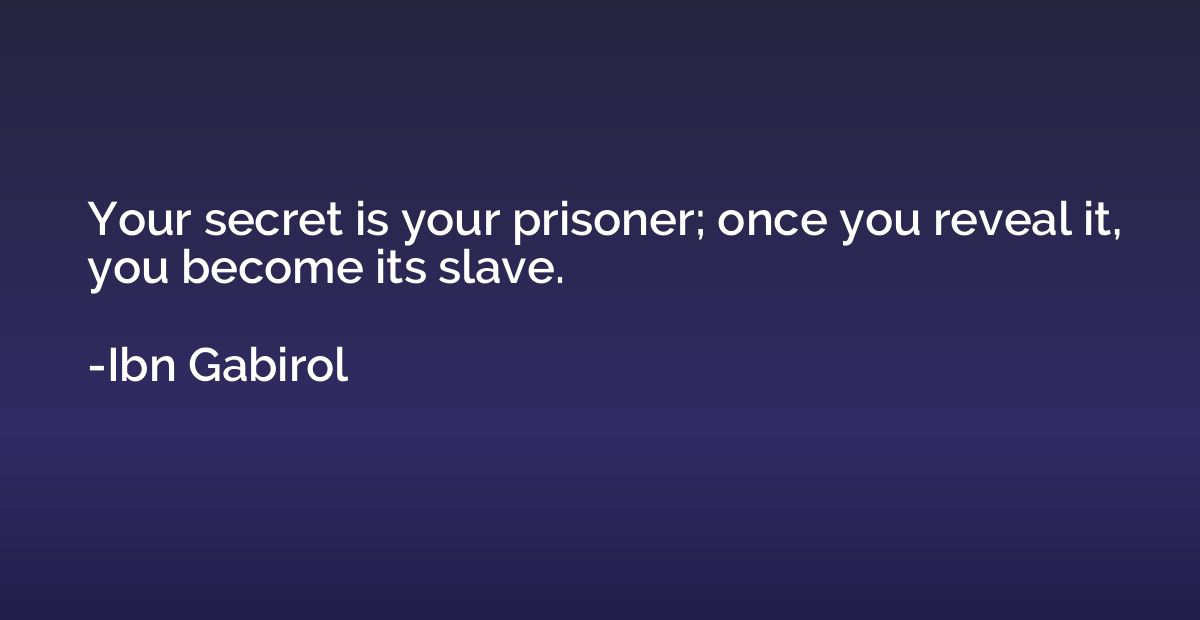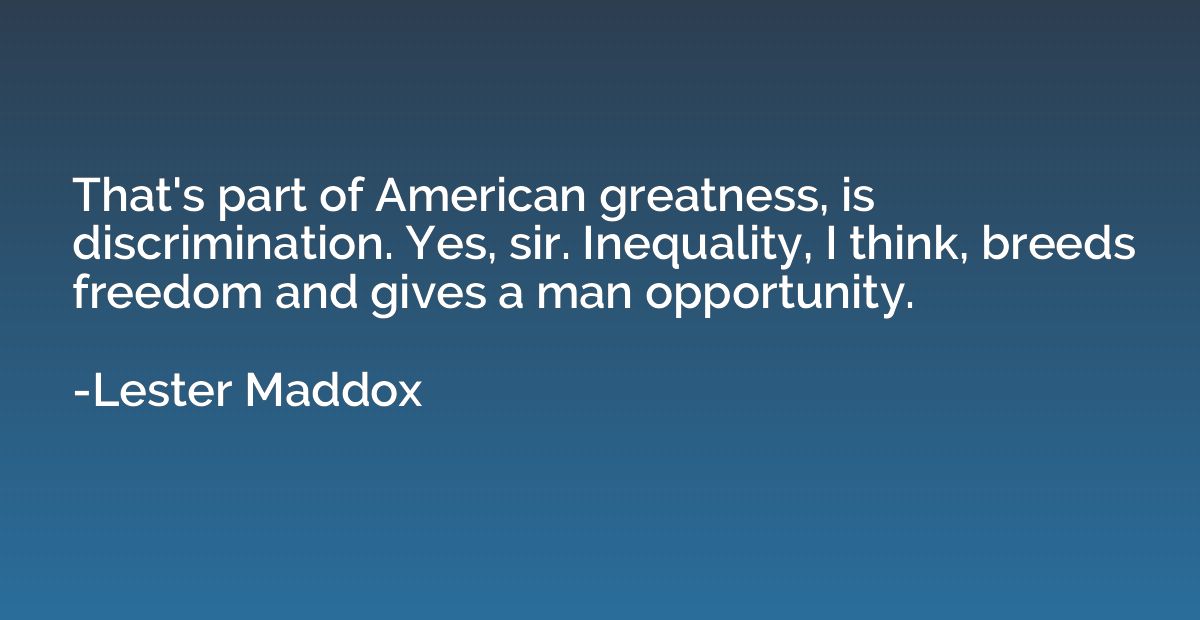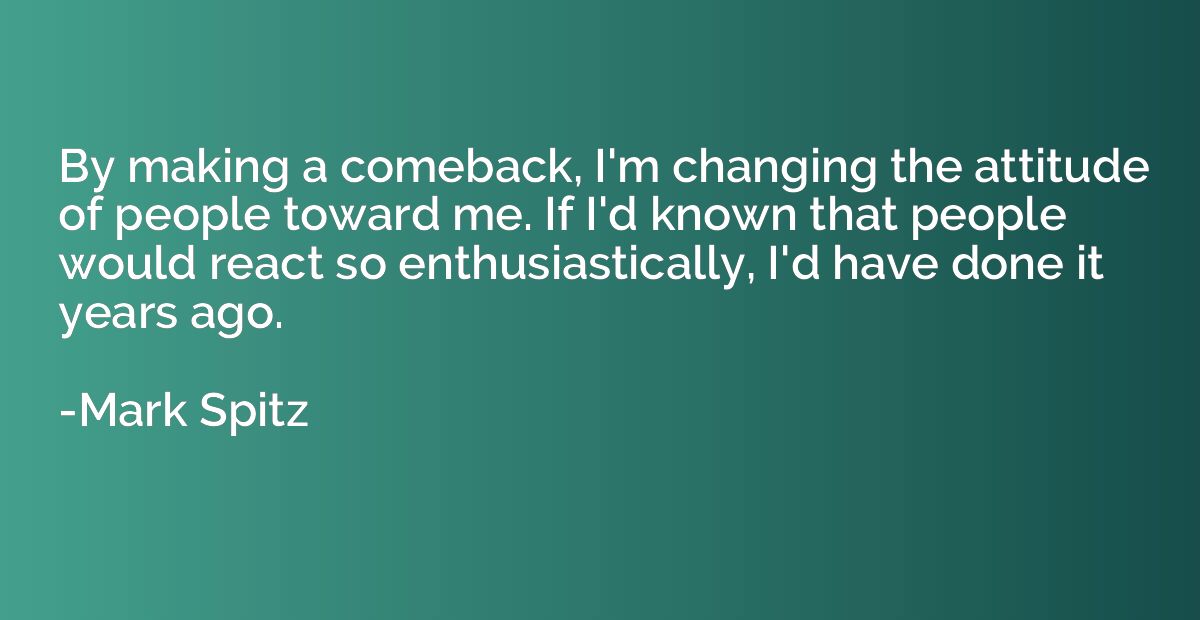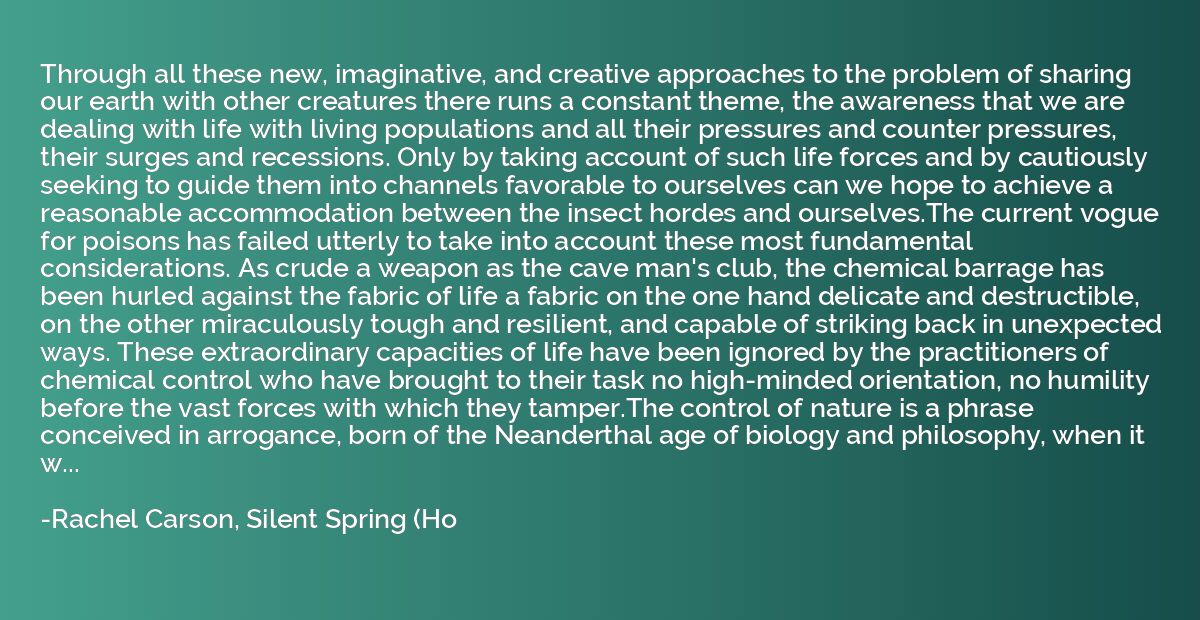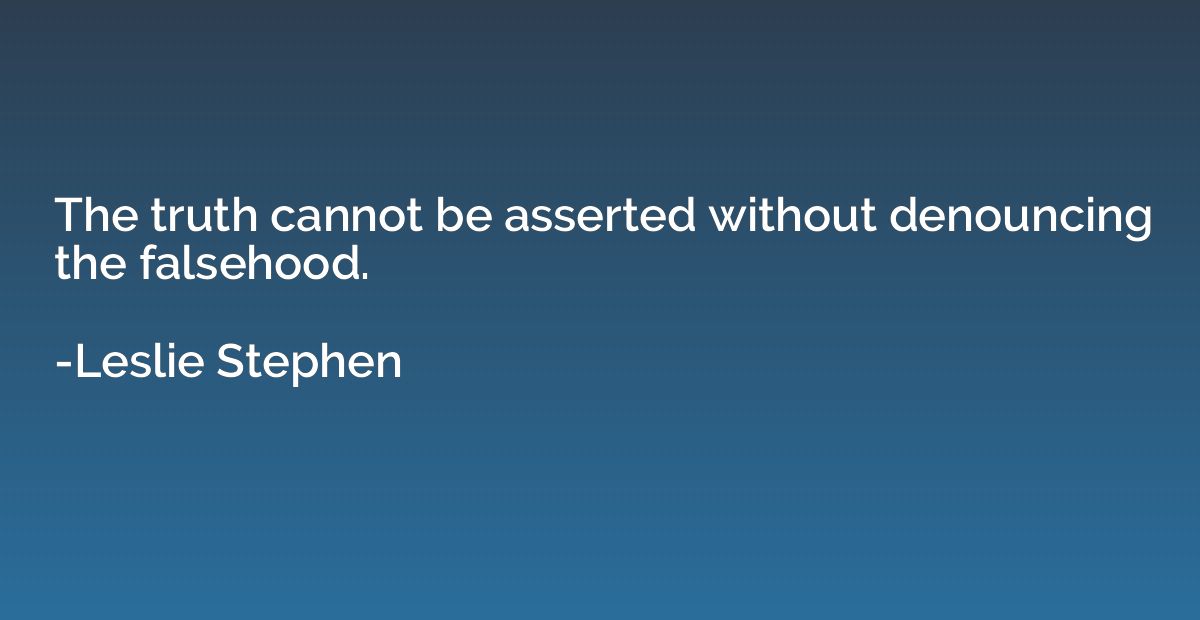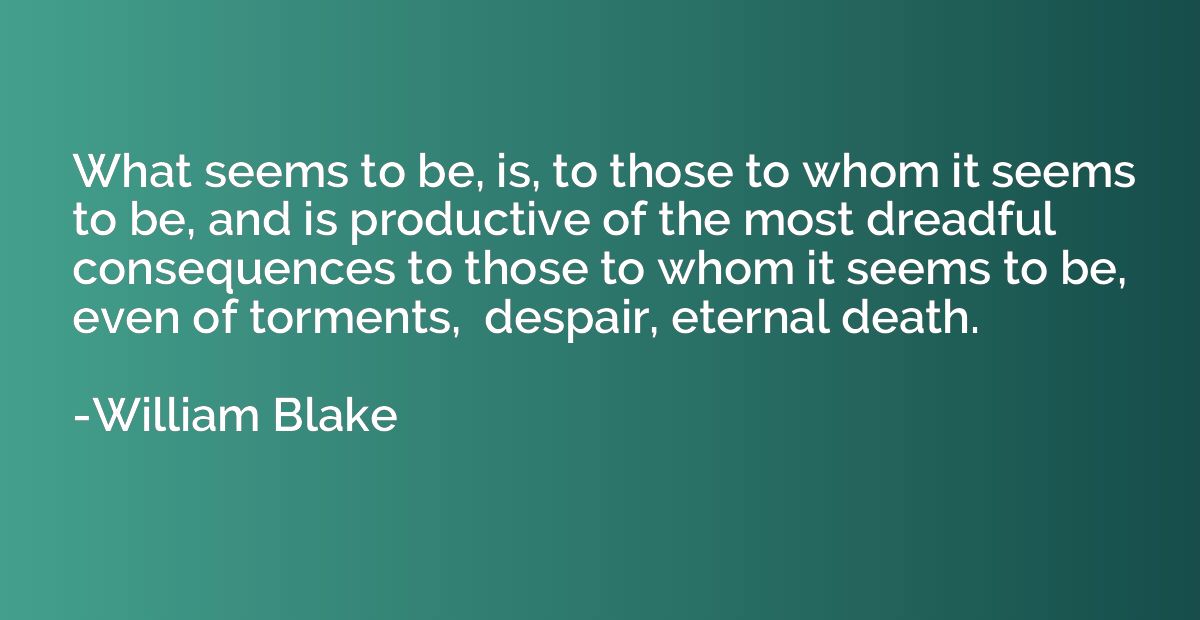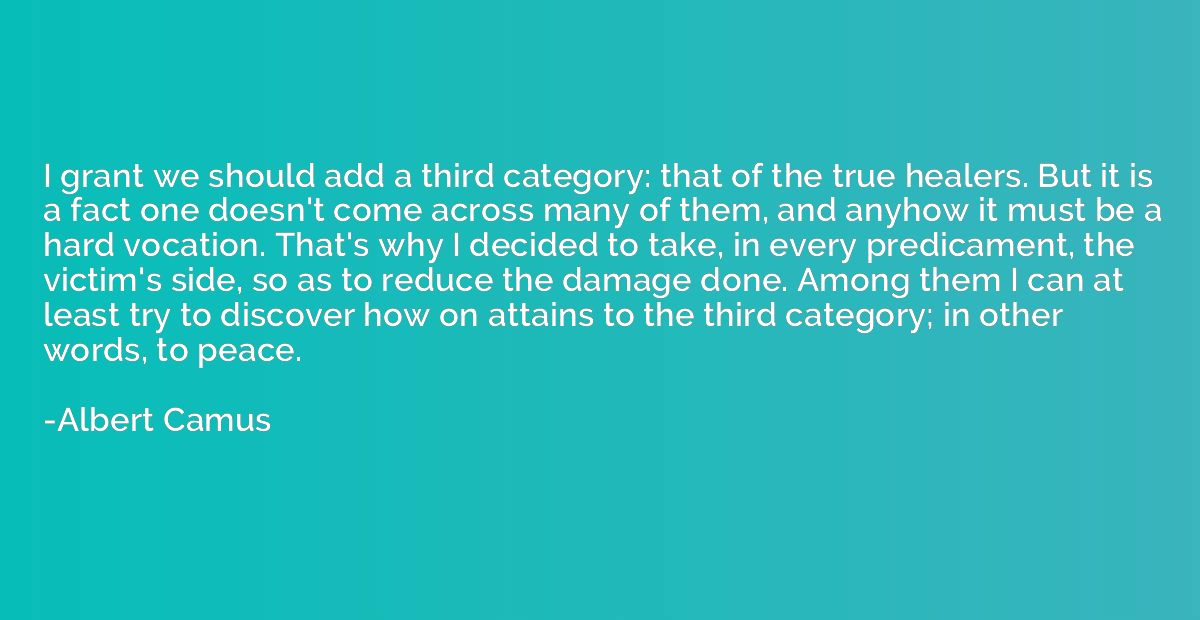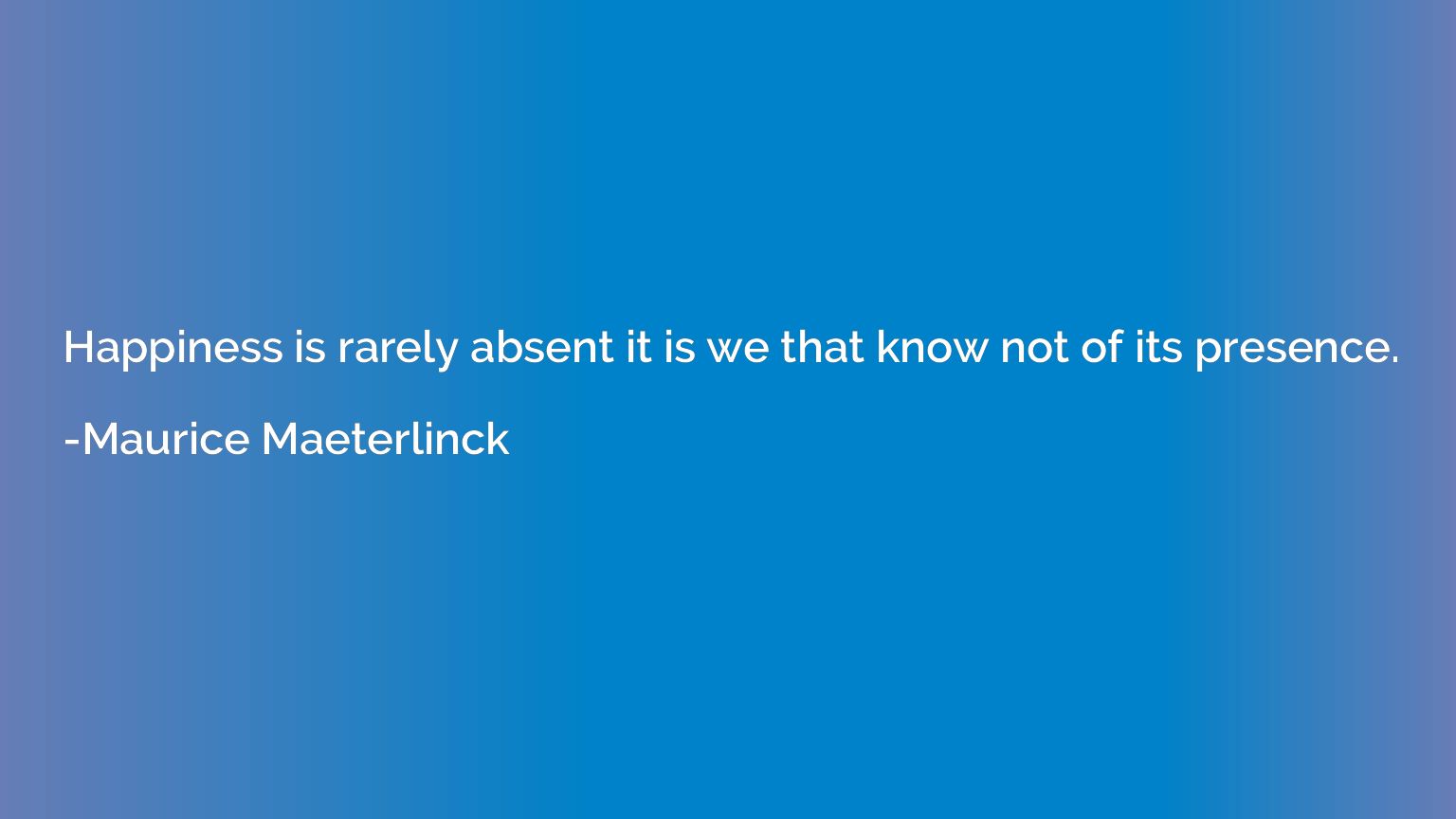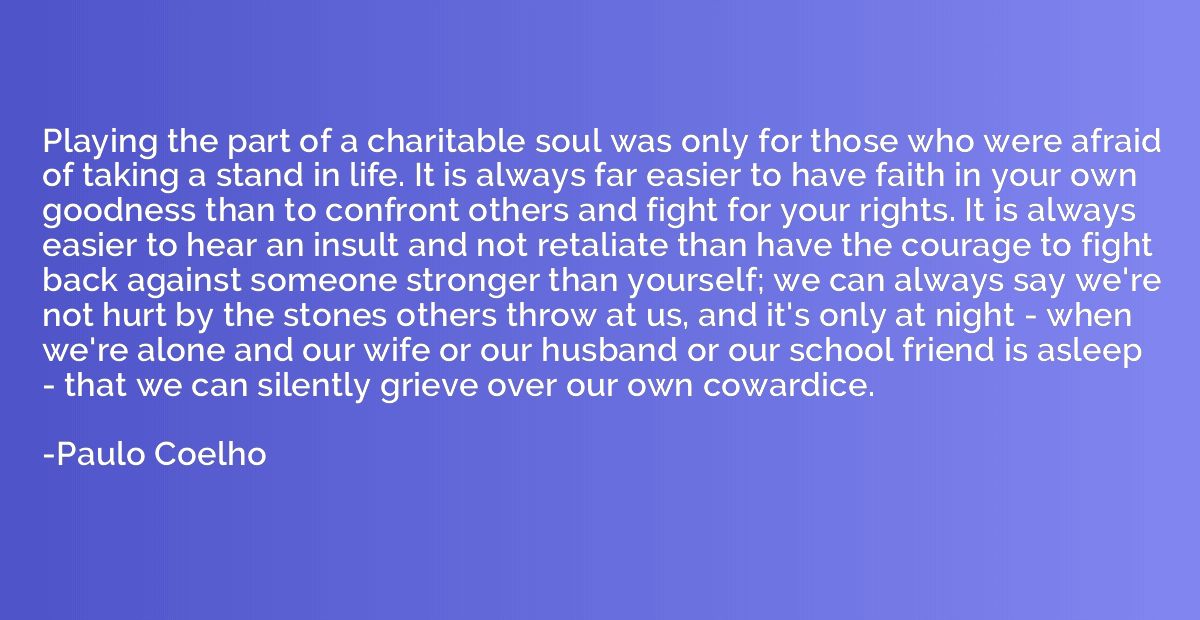Summary
This quote implies that keeping a secret gives you control over it, as you possess the power to choose when and how to disclose it. By revealing the secret, you give up that control and the secret becomes more influential over you. It suggests that once a secret is out, it can begin to dictate your actions and decisions, potentially leading to a loss of autonomy. Therefore, it highlights the importance of carefully considering the consequences of sharing secrets before relinquishing that power and becoming enslaved to its influence.
Topics
Secrets
By Ibn Gabirol
